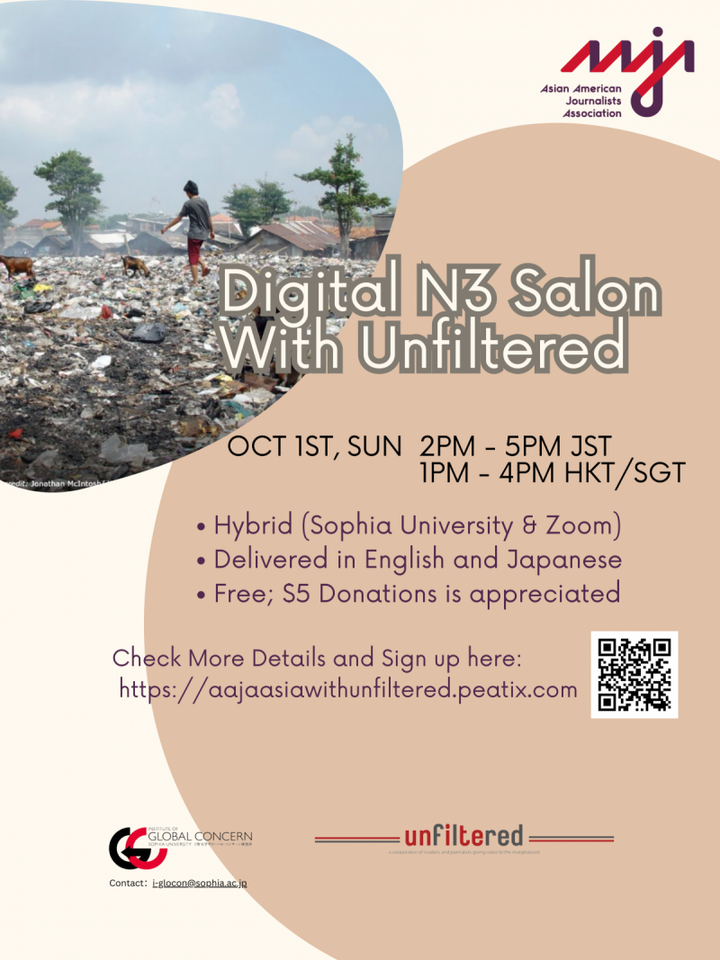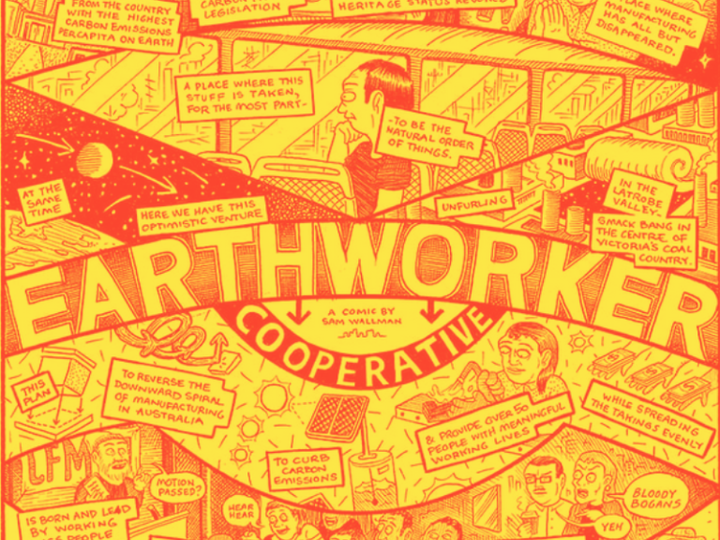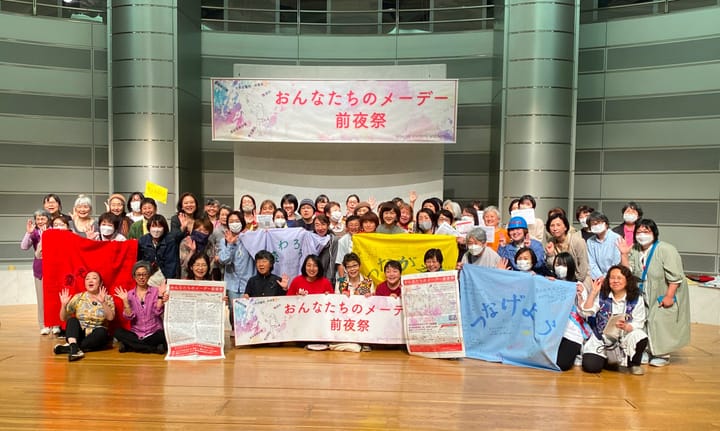Tokyo 2020 GamesBlind musician’s tribute to athletes

Ryota Kuriyama couldn’t care less about winning or losing, let alone athletic competition. But he does believe in fair play, in recognizing effort, in people. However, the blind musician and acupuncture instructor from Yokohama City came to understand the struggle and determination of Paralympians and Paralympic hopefuls when he met his student training to qualify for the Tokyo Summer Games.
“I wondered why he was trying for it,” Kuriyama recalls, “and then someone told me that the Paralympics is a place where they can shine. I didn’t even understand then what that meant. I had to be shown in numbers. A healthy person can run 100 meters in 9 seconds, but the blind aim for 10 seconds. That is the level of intercollegiate athletes. Those with a disability can also aim that high. When I heard those numbers, I realized that people are trying so hard. I finally understood.”
The students’ struggle resonated with Kuriyama. Born in Osaka, he lost his sight due to glaucoma when he was 11 years old. Adapting to a new way of life and being blind at such a young age wasn’t easy. At the same time, his father was on his fifth marriage, and as a result, Kuriyama landed in a children’s home where he and the other children were beaten or deprived of sleep in what the staff then called “discipline.”
Music became his haven. “I loved the sound, the color of the sounds, the rhythm, and the process of assessing the melody I just wove,” he says. “It’s probably similar to window shopping for people with sight.”

He took piano lessons starting around age 3, but stopped because classical music didn’t appeal to him. He tried the guitar around the time he started junior high school and found his match.
“I enjoyed the change in pitch and key,” Kuriyama says. “I was very good at it and that’s how I started to write my own pieces. I delved into my music so much that it became too complex for people to just casually enjoy it. In my 20s and 30s, though, I finally learned to tone it down for much easier listening.”
When it became clear that a professional music career wasn’t just around the corner, Kuriyama enrolled at the University of Tsukuba’s Acupuncture and Physical Therapy Training School in Tokyo. Acupuncture and physical therapy has been a popular career option for most visually impaired in Japan since the 17th-century Edo Era, when the talented blind acupuncturist, Waichi Sugiyama, established the world’s first acupuncture training school for the blinds.
After he graduated in 2001, he began working with patients, but music and gigs were something Kuriyama always did on the side. He toyed now and again with the idea of trying for an agent or a contract with a recording company, but with the arrival of the Internet, people had more access to music than ever. Industry purse strings were tight as a result. Kuriyama decided to set up a YouTube channel to promote his music. He reasoned he had nothing to lose.
At the same time, Kuriyama also started approaching local elementary schools to see if he could come and play for the students. He and his wife, Kanako, have two sons, aged 6 and 9, so he knew his audience. When Kanako suggested asking the students to sing along with him rather than just sitting there listening, he was skeptical.
“Audience participation had never really been my style,” Kuriyama says, “but I thought why not?”
It was a hit. Invitations started pouring in not just from his own region, but to his surprise, from across Japan. Kuriyama hit the road.
“Sometimes, it’s really hard as it’s only me,” says Kuriyama. “I have to bring all my music equipment with me. It’s pretty challenging, but it’s worth it.” Kuriyama struck a deal with his family: he would tour until the Olympics and then they would take a family trip abroad leaving a dream to become a professional musician behind him.
Then came “Real Victory.” Composed for a contest looking for a theme song for the Paralympics, Kuriyama started performing it in April 2018. It was an instant hit. The song with its message of determined hope and effort resonates with everyone from every background. “It’s a message that people really need and want to hear,” Kuriyama says.
Sung around the country, there are choral versions, a Japanese musical instrument version, versions in English and in sign language. Kuriyama was invited to perform it at the start of the Olympic Torch Relay in Fukushima.
“I was also scheduled to perform when the torch arrived in Kanagawa Prefecture and at a welcome ceremony for the athletes in Tokyo,” he says. “I was so disappointed that the Olympics and Paralympics were postponed, but I tried to look at it in a positive light. it means that I gained one more year for people to listen to my music.”
While the Tokyo Olympics and Paralympics remain a question mark, Kuriyama’s own musical career also feels murky.
“I had decided I’d leave music behind when I turn 45,” Kuriyama says. “Last year would have been the perfect way to cap off my music career. But at the moment, we are in the dark and everything is up in the air. However, in those limited circumstances, that’s when I always find something I never knew was possible.”

A comic strip, The Unbearable Blindness of Being (Me mo aterarenao hibi) by Eiichi introduces the life of Ryota Kuriyama and his partner Anji, a seeing eye dog. It runs every Monday on his Instagram ryota_anji and Twitter @Ryota_Anji


